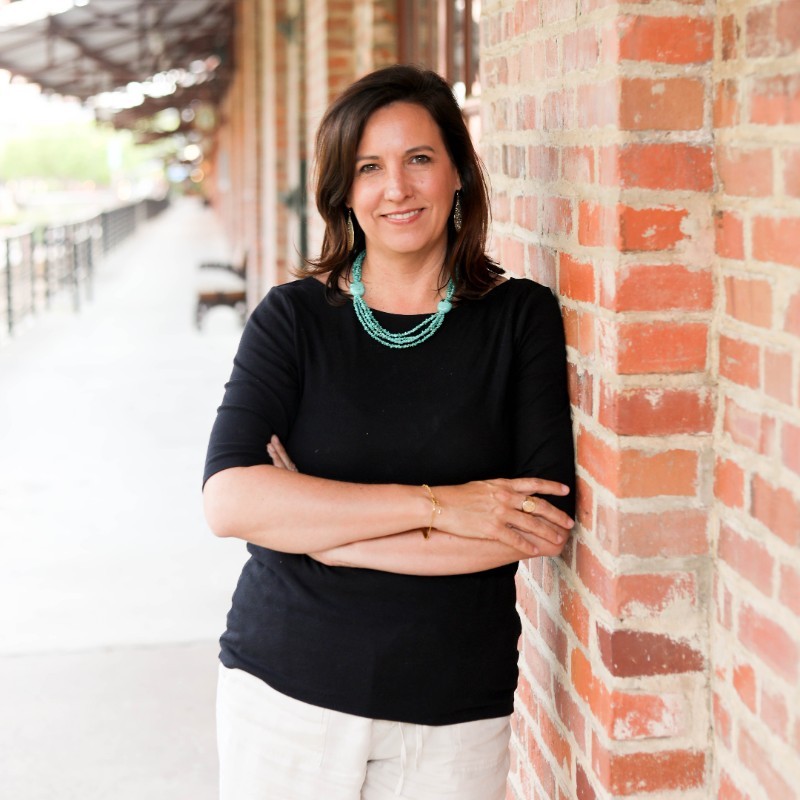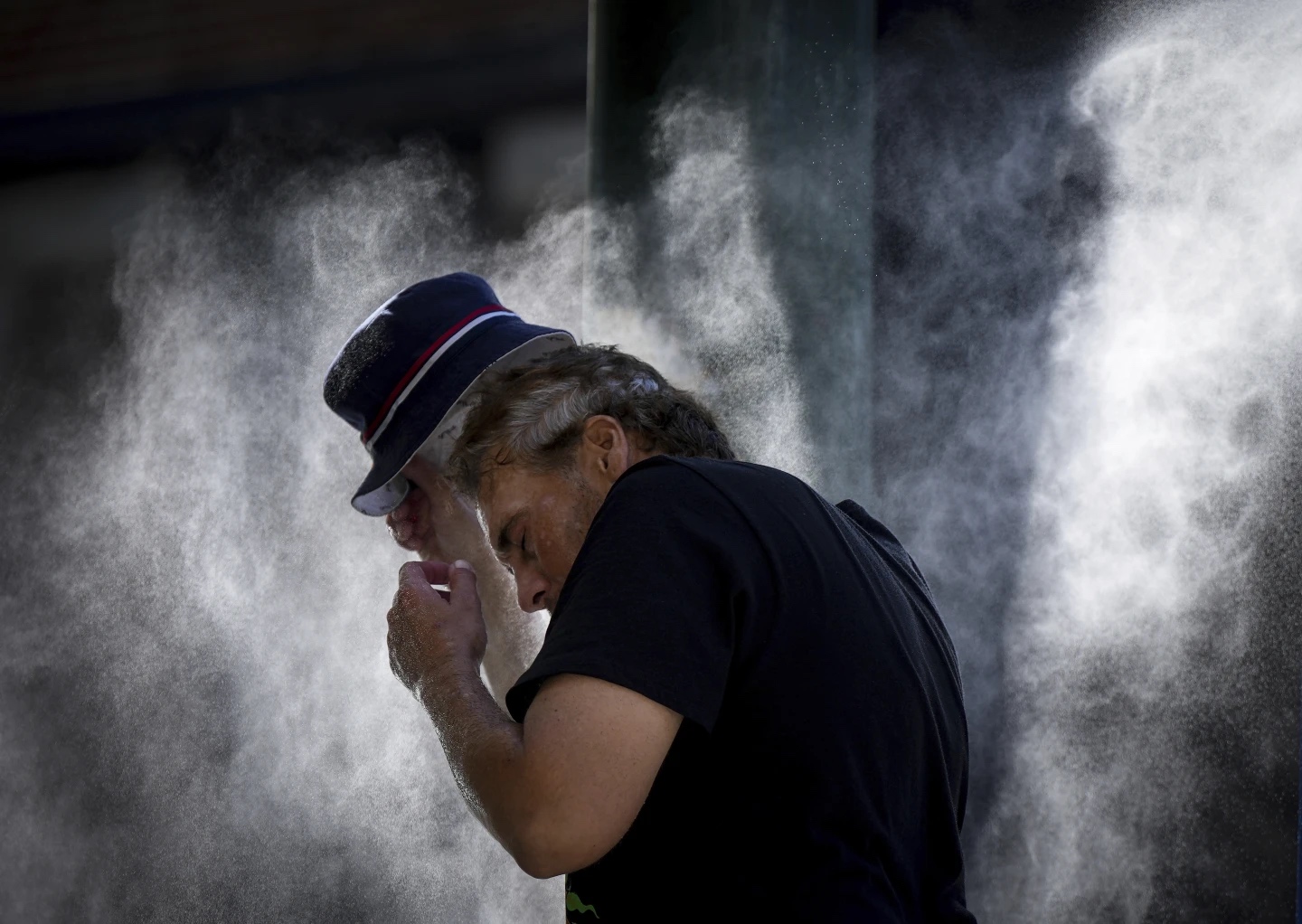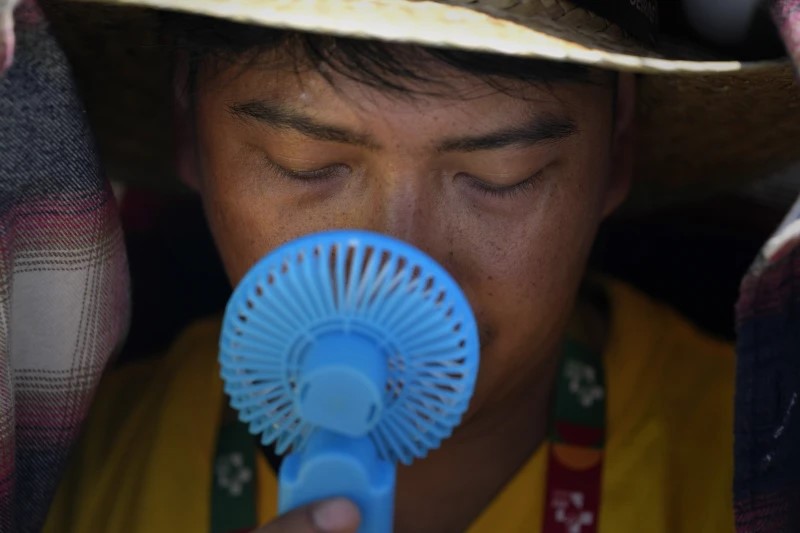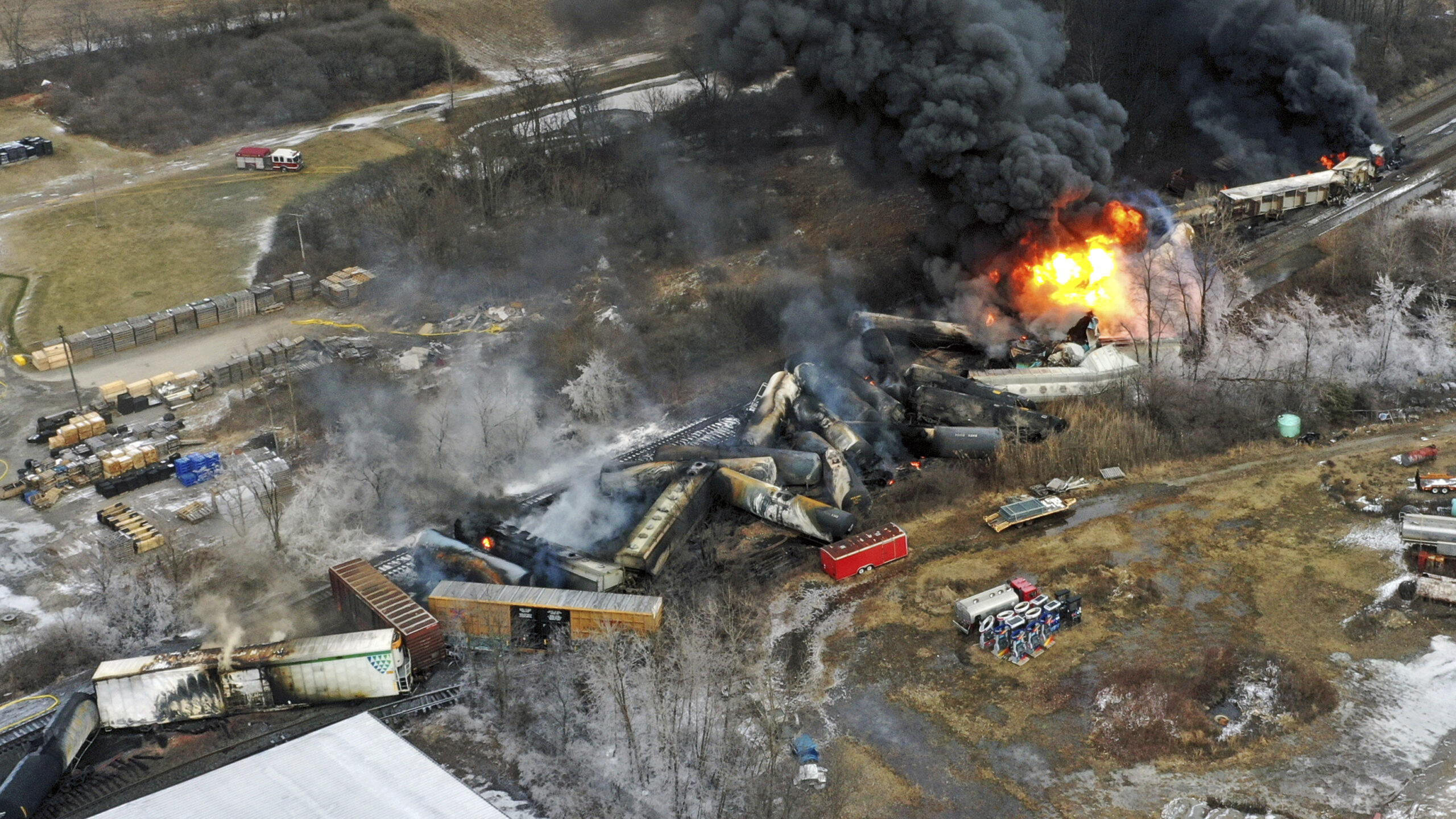Global warming continues to be an ongoing issue for North Carolina as well as the world. These past few months, the Northern Hemisphere has suffered through steamy humidity and burning heat as we experience the hottest summer on record. Over at Duke, its Nicholas Institute for the Environment has one expert working to help the government change its preparation and response to extreme heat.
Ashley Ward works on the impacts of climate extremes, community action and resilience against it. As part of a climate commitment, the Nicholas Institute recently asked faculty to give ideas to help prioritize climate in everything they do. Ward pitched the Heat Policy Innovation Hub, which launched at the university in July.
“How can we in our role protect the people that we serve or help them protect themselves?” Ward asked. “What we haven’t been able to do is to take those lessons from science with insights from communities who are on the front lines of this issue and take the two of them to generate innovative policy solutions around the topic of heat. So, the purpose of the Policy Innovation Hub is to do that work.”
The hub is the first program in the U.S dedicated to cross-innovation on extreme heat policy and practice, according to the Nicholas Institute. Ward said extreme heat impacts individuals the most so it makes sense to get their feedback as part of any local action.
“Planning and really building out the capacity and capability at the local level is a short-term win and one that has a lot of impact,” Ward said. “We’re not talking about three to five days of extreme heat in some areas of the country, we’re talking about sustained weeks of extreme and dangerous heat, and that’s a different kind of response than say these short-lived events.”
Based in North Carolina, a lot of Ward’s work studies local legislature and action against rising temperatures. Because of that, she and the Nicholas Institute have helped the state set an example on how to approach addressing climate extremes.
“I want to be clear that North Carolina, in my opinion, is one of the leaders in this space in the country,” Ward said. “North Carolina is the only state that has a hazard mitigation plan for every county in the state. And most counties refer to the state level plan, or you might have a municipality who has their own plan. But in North Carolina every county has one.”

Ashley Ward is a senior policy associate for the Nicholas Institute for Energy, Environment & Sustainability. (Photo via Duke University/The Nicholas Institute.)
Ward said she’s been working with the Office of Recovery and Resilience, Department of Health and Human Services, and Climate Office to develop a heat action plan for counties to use. So far, she said ten counties are testing it out.
“This is a critical first step because when you write it into your plans and you have it as part of your formalized planning structure, it means not only that people know what to do when an event is approaching, but that in the off season and other times, resources are allocated toward it.”
Beyond North Carolina, even President Joe Biden’s administration is taking steps to mitigate the harmful impact of extreme heat. According to the U.N weather agency, there is a 98% chance of breaking the 2016 average temperature record across the year between now and 2027. This year so far is the second hottest year on record since 2016, according to the European climate service Copernicus.
“It was great to see President Biden elevate the topic of heat to the presidential podium in that address last month. One of the things that this administration has done effectively is to push the work heat working group in the White House which had representation from all over the federal government, including FEMA.”
The Federal Emergency Management Agency, or FEMA, has prioritized heat by holding their first annual heat summit, according to Ward. During the summit FEMA partnered with the Department of Homeland Security to bring leaders together and discuss action plans.
Ward said she wants more worker protection for those exposed to the heat. Just this August temperatures rose 1.5 degrees Celsius higher than pre-industrial times.
“We have a lot of structure and infrastructure that needs to be modernized,” Ward explained. “Schools that need air conditioning and cooling systems, prisons that need the same, public housing, these are enormously expensive. ”
Because unhoused populations are at greater risk, Ward says she would like to see more shelters available for them specifically. She adds that she will continue working to make the local level more equipped to handle rising temperatures.
Ward said, “We’re working very closely with our community partners to help develop what those projects look like and secure the funding so that we can carry forward with that work.”
Photo via AP Photo/Michael Probst.
Chapelboro.com does not charge subscription fees, and you can directly support our efforts in local journalism here. Want more of what you see on Chapelboro? Let us bring free local news and community information to you by signing up for our biweekly newsletter.










